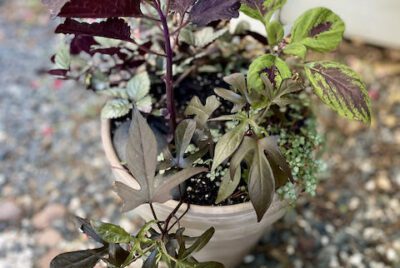RESEARCH
Greenspace Interventions, Stress and Cortisol: A Scoping Review
Summary
This review looked at how spending time in green spaces—such as parks, forests, or gardens—affects people’s stress levels, specifically by measuring changes in cortisol, a hormone linked to stress. The authors examined 18 experimental studies from around the world that used activities like forest bathing, gardening, and outdoor exercise as forms of nature therapy. The goal was to understand how these interventions were designed, how cortisol was measured, and whether green space activities could reliably reduce stress. The review also aimed to identify gaps in the research and make recommendations for future studies.
Most studies showed that being in nature can help lower cortisol levels, suggesting that green space interventions (GSIs) do have stress-reducing effects. However, the review found a lot of variation in how studies were conducted, including differences in the timing of cortisol collection, the type of green space activity, and how participants were selected. Only a few studies used consistent methods or explained why they chose certain techniques. The authors emphasize the need for more standardized and theory-based research to better understand how and why nature can help reduce stress.







